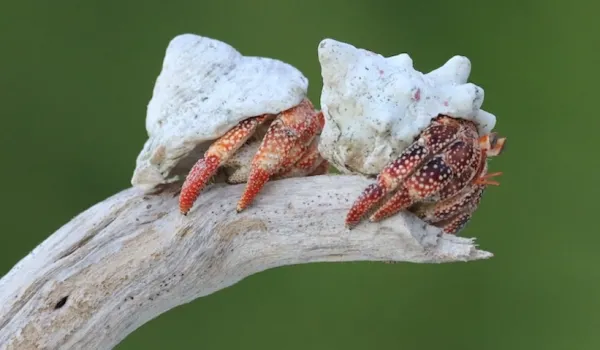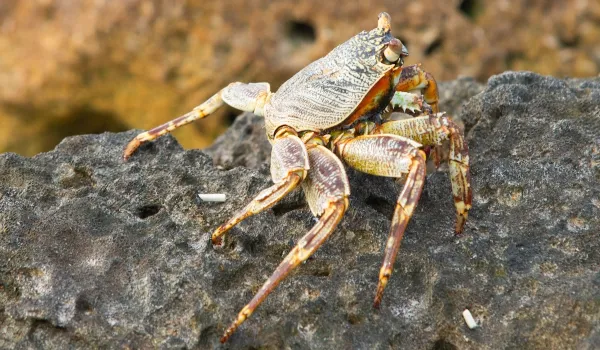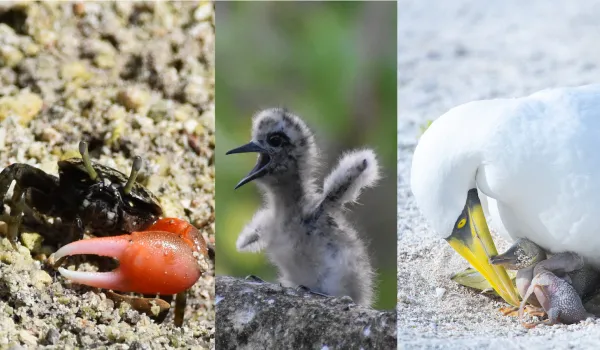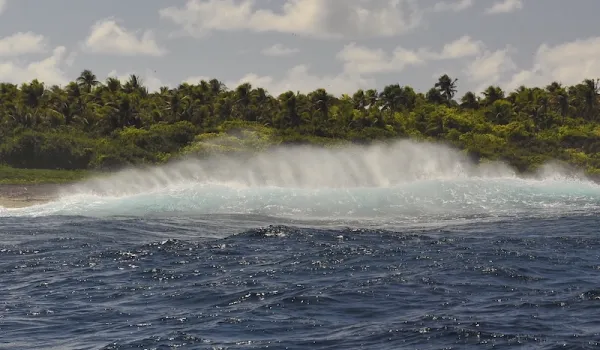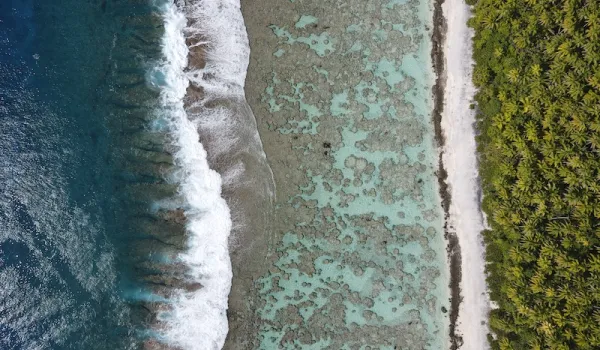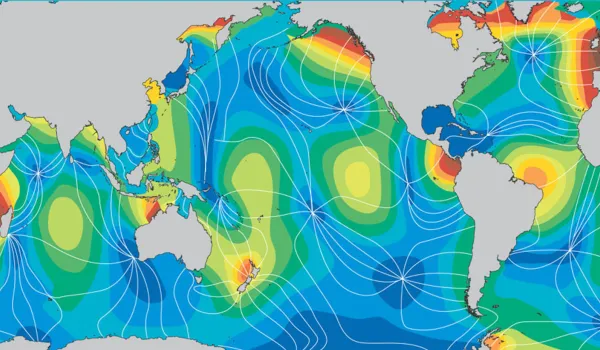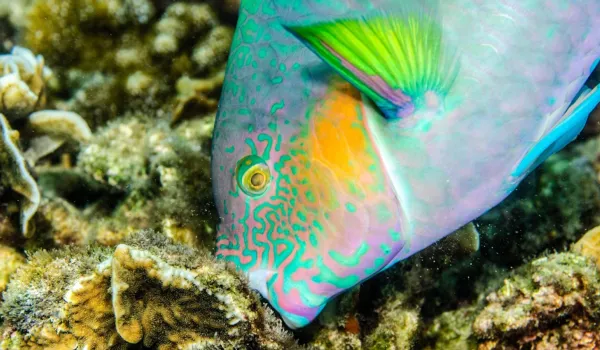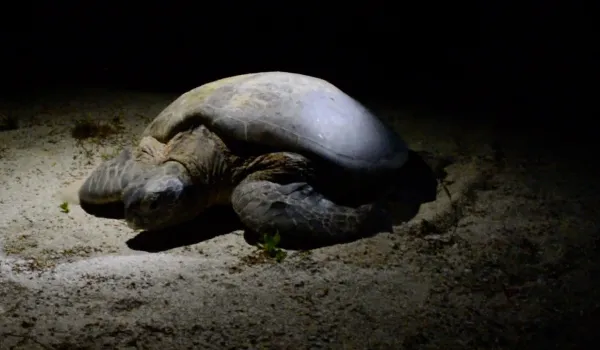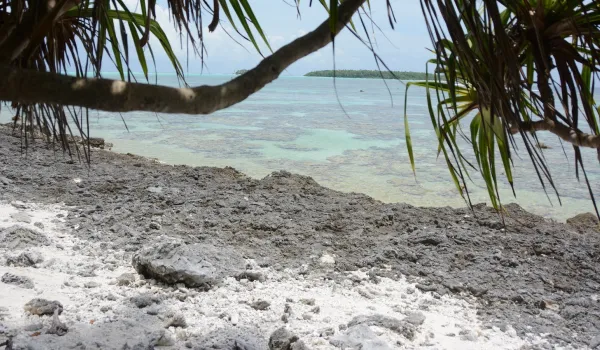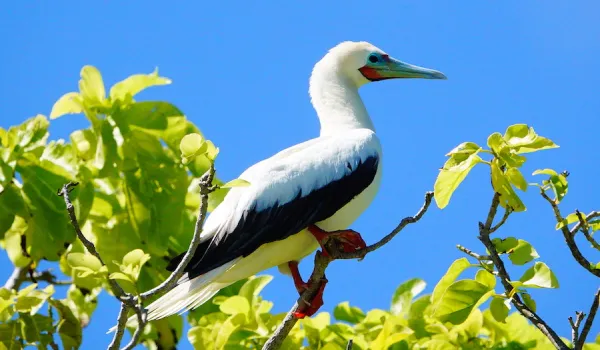Ocean
‘Arevareva, the Pacific long-tailed coucou, migrates from New Zealand to pass some time in the Aito trees of Tetiaroa.
As I sit here on the porch of my bungalow on Tetiaroa, the sounds of the island come from all directions. The brown noddies up in the nearby coconut palms croak and whistle, and the wind whisks the Casuarina needles into a quiet buzz.

famille de Noddis bruns
We have presented many newsletter featuring organisms of the month, and nature notes covering tides and geology, but this month we feature the ocean. June 6th is World Ocean Day, and before that, our global initiative addressing ocean protection and climate change, the Blue Climate Summit, will convene (14-21 May) and present and accelerate ocean-based solutions to climate change. The future of the planet is in our hands and healthy oceans are critical to any future that involves humans.
The oceans cover ¾ of the planet and 99% of the space inhabited by living organisms. The Pacific Ocean alone is roughly the same size as all of the land on Earth put together. Oceans supply most of our oxygen, and they also absorb a quarter of all CO2 produced by humans.
Modern western culture has not been good to the oceans. Population growth and technology have resulted in a long line of abuses beginning with overfishing, continuing with pollution, and now the looming effects of climate change altering ocean chemistry and temperature. Most experts say that “business as usual” will give us 20-30 years before irreversible tipping points are reached and our oceans are unable to sustain life as we know it.

As I type, the Hawaiian voyaging canoes, Hokulea and Hikianalia, are arriving in Tahiti, having just sailed the ancient route, Kealaikahiki, from Hawaii – the crew finding their way by following signs in the sky and on the ocean around them.
Polynesian culture, like that of most indigenous people, see themselves as inextricable from nature – they are part of the natural world, as family. The ocean is an ancestor, it has being, and it has rights. You would no more harm the ocean that you would harm you kin. There is a respect and that respect fosters care. For the Polynesians this relationship with the ocean allowed them to understand it, come to terms with it, and use it to settle the largest piece of the globe of any other people. They don’t see the ocean as something that separates, but as a pathway to islands over the horizon.
More of Murphy's nature notes
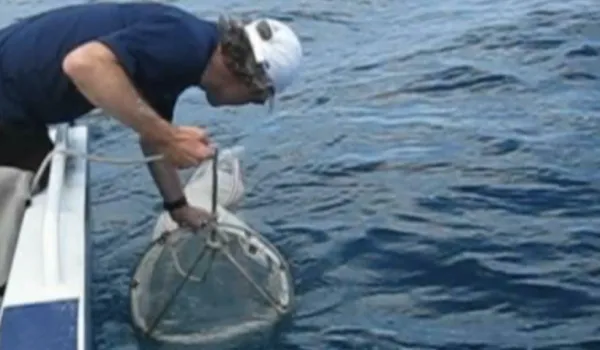
Research using eDNA is coming into its own and on Tetiaroa we are leading the global trend.

